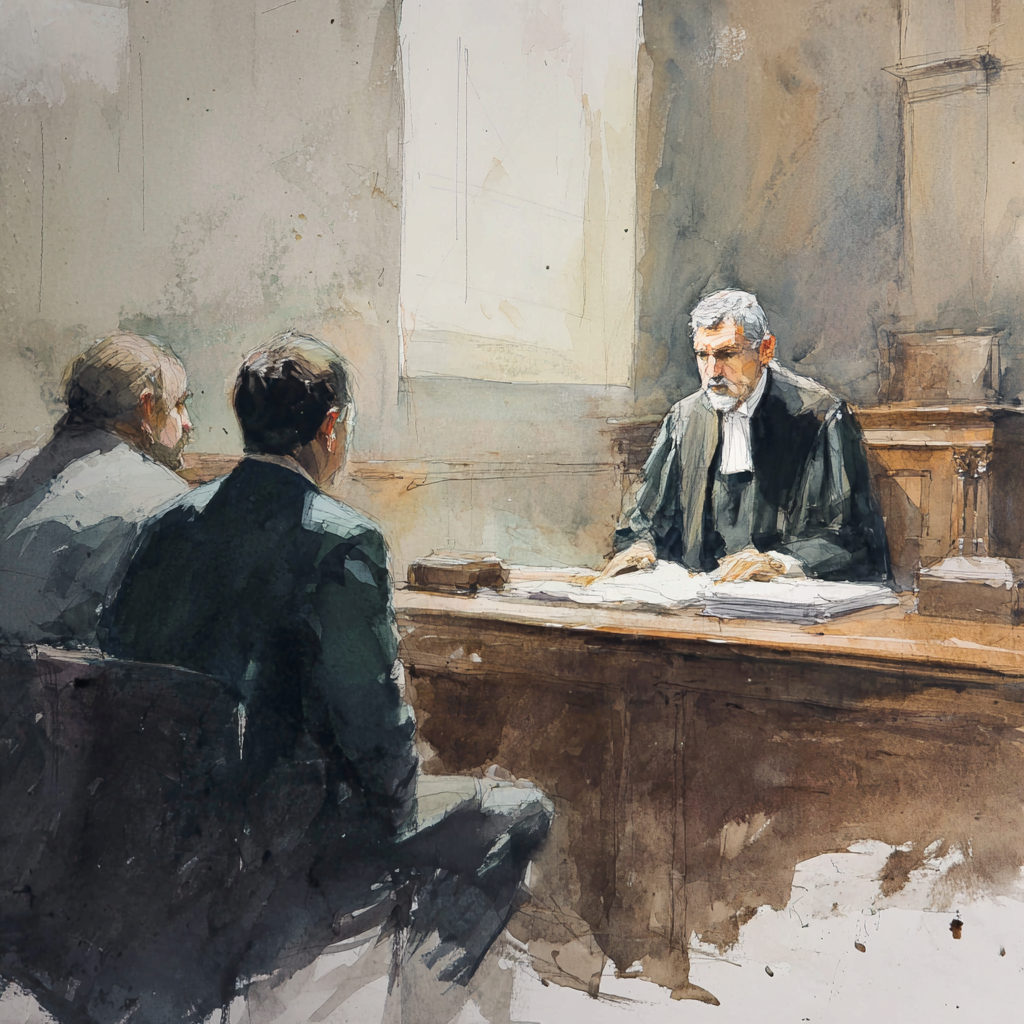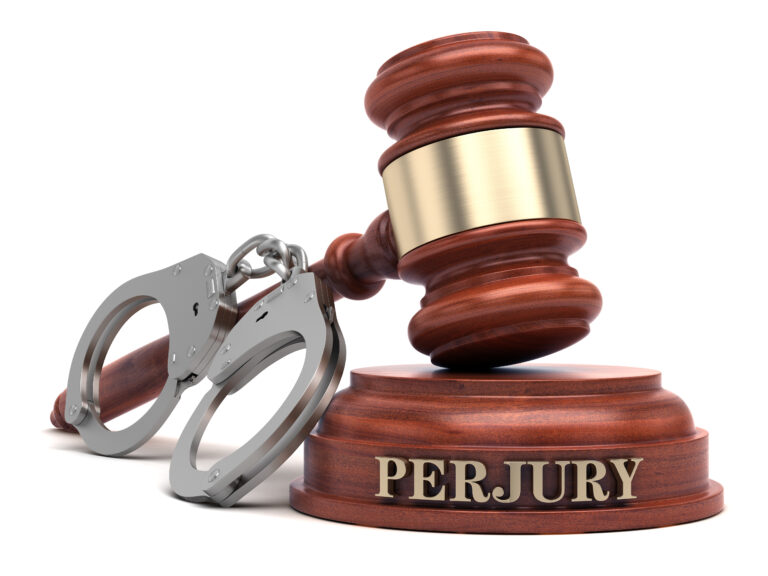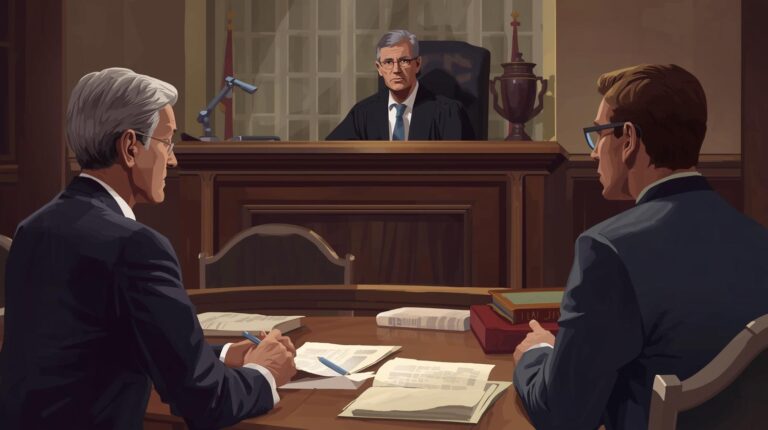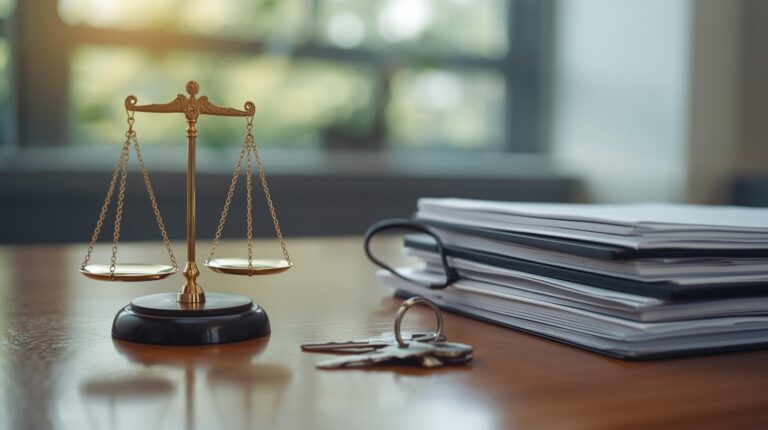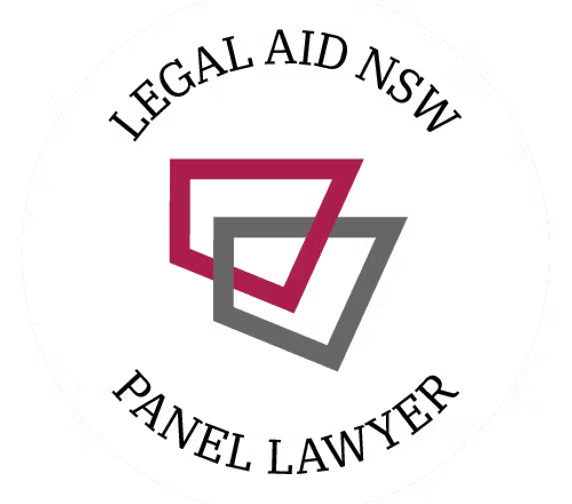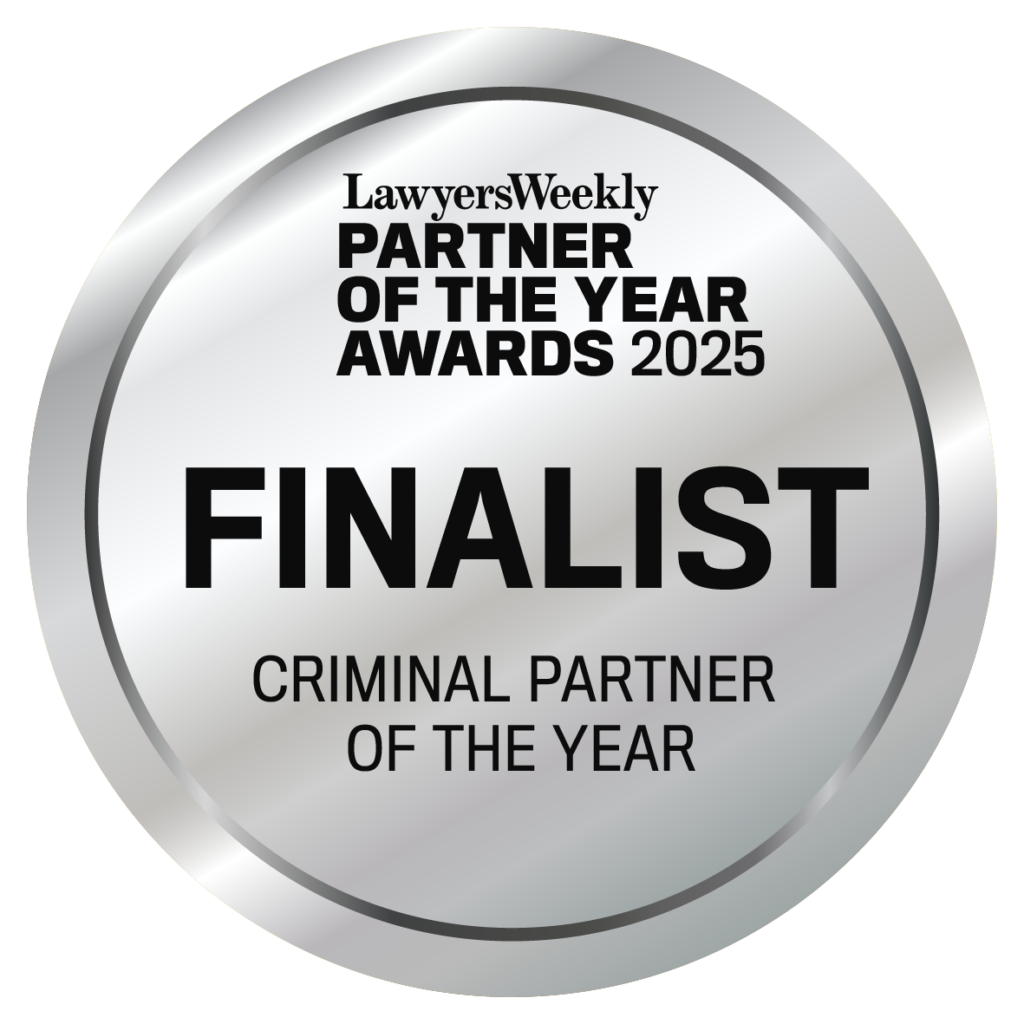Court Stages in the Local Court (NSW)
When a person is charged with a criminal offence in New South Wales, their matter will usually begin in the Local Court. The Local Court handles the majority of criminal cases, including summary offences and many indictable matters that can be dealt with summarily.
First Appearance – Mention
The first court date is known as the mention. This is an administrative stage where the accused is required to appear, and the court checks the progress of the matter. At this stage, the following may occur:
Brief of Evidence
If a not guilty plea is entered, the prosecution (usually the Police Prosecutor or the Director of Public Prosecutions) must provide a brief of evidence to the defence. This includes all the material the prosecution intends to rely on, such as witness statements, CCTV footage, and expert reports.
Second Appearance – Reply to Brief
At the next mention, the defence will inform the court whether the accused wishes to:
If the accused wishes to contest the charges, the matter will be set down for hearing.
Hearing
At the hearing, the prosecution must present evidence to prove the charge beyond reasonable doubt. The defence can cross-examine witnesses and present its own evidence. The magistrate will then deliver a verdict of guilty or not guilty.
If the accused is found guilty, the court may proceed immediately to sentencing or adjourn the matter for reports, such as a Pre-Sentence Report or Character References.
Sentencing
When sentencing an offender, the magistrate will consider:
Sentences in the Local Court may include fines, community-based orders, conditional release orders, or imprisonment (up to two years per offence).
Committal Proceedings (For More Serious Offences)
If the charge is a serious indictable offence, it will start in the Local Court but may later be committed to the District or Supreme Court for trial or sentence. The committal process allows the magistrate to decide whether there is enough evidence for the matter to proceed to a higher court.
Why Legal Representation Matters
The Local Court process can move quickly, and each stage can have major consequences for your case. Having an experienced criminal defence lawyer ensures you understand your rights, deadlines, and opportunities for negotiation or plea discussions.
Contact EAS Legal for Expert Help
At EAS Legal, our criminal defence lawyers regularly appear in Local Courts across New South Wales. We represent clients in all types of criminal matters—from first appearances and bail applications to hearings and sentencing.
Call 1800 117 533 or visit www.easlegal.com.au for immediate legal advice and representation.
Need to speak with a lawyer?
Our experienced lawyers are here to help you understand your legal rights and options. Contact us for a confidential discussion about your situation.

